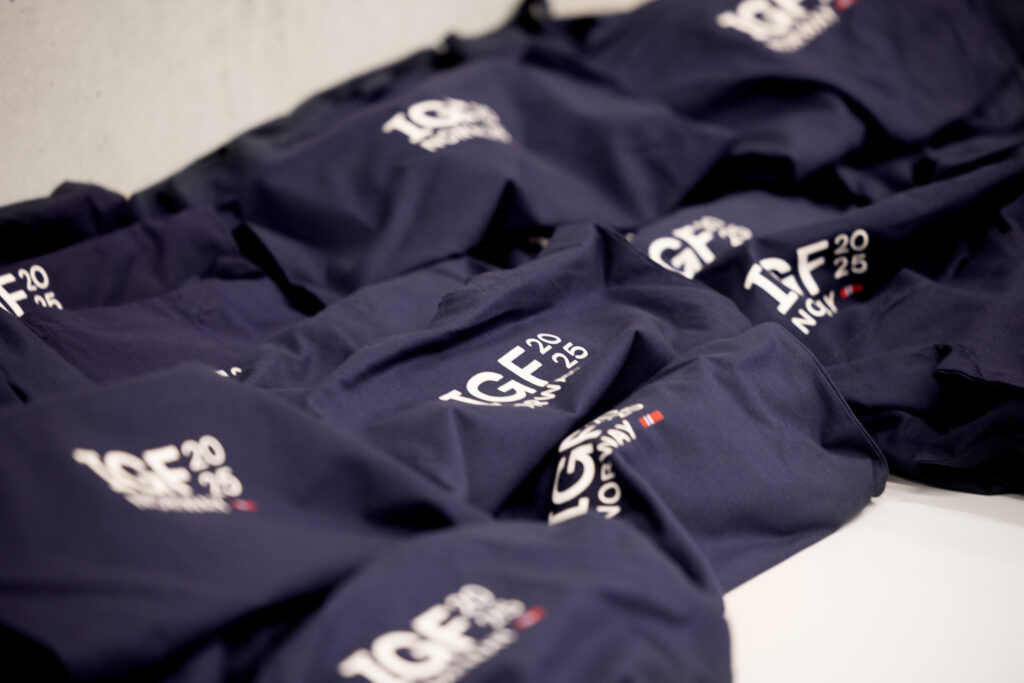Digital rights under threat: Global majority communities call for inclusive solutions at IGF 2025
As digital technologies rapidly transform societies, voices from the Global majority are demanding a future where connectivity doesn’t come at the cost of fundamental rights.

At the Internet Governance Forum 2025 in Lillestrøm, Norway, a pivotal session hosted by Oxfam’s RECIPE Project shed light on the escalating digital rights challenges facing communities across the Global majority. Representatives from Vietnam, Bolivia, Cambodia, Somalia, and Palestine presented sobering findings based on research with over 1,000 respondents across nine countries.
Despite the diversity of regions, speakers echoed similar concerns: digital literacy is dangerously low, access to safe and inclusive online spaces remains unequal, and legal protections for digital rights are often absent or underdeveloped.
The human cost of digital inequality was made clear from Bolivia to Palestine. In Bolivia, over three-quarters of respondents had experienced digital security incidents, and many reported targeted violence linked to their roles as human rights defenders.
In Somalia, where internet penetration is high, only a fraction understands how to protect their personal data. Palestine, meanwhile, faces systematic digital discrimination, marked by unequal infrastructure access and advanced surveillance technologies used against its population, exacerbated by ongoing occupation and political instability.
Yet amidst these challenges, the forum underscored a strong sense of resilience and innovation. Civil society organisations from Cambodia and Bolivia showcased bottom-up approaches, such as peer-led digital security training and feminist digital safety networks, which help communities protect themselves and influence policy.
Vietnam emphasised the need for genuine participation in policymaking, rather than formalistic consultations, as a path to more equitable digital governance. The session concluded with a shared call to action: digital governance must prioritise human rights and meaningful participation from the ground up.
Speakers and audience members highlighted the urgent need for multistakeholder cooperation—spanning civil society, government, and the tech industry—to counter misinformation and protect freedom of expression, especially in the face of expanding surveillance and online harm. As one participant from Zambia noted, digital safety must not come at the expense of digital freedom; the two must evolve together.
Track all key moments from the Internet Governance Forum 2025 on our dedicated IGF page.
